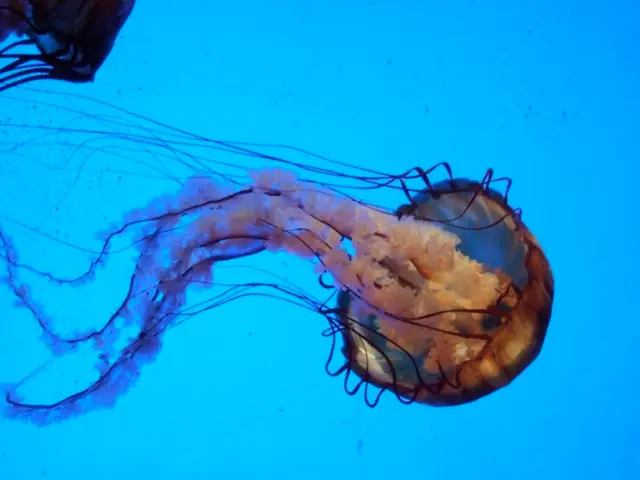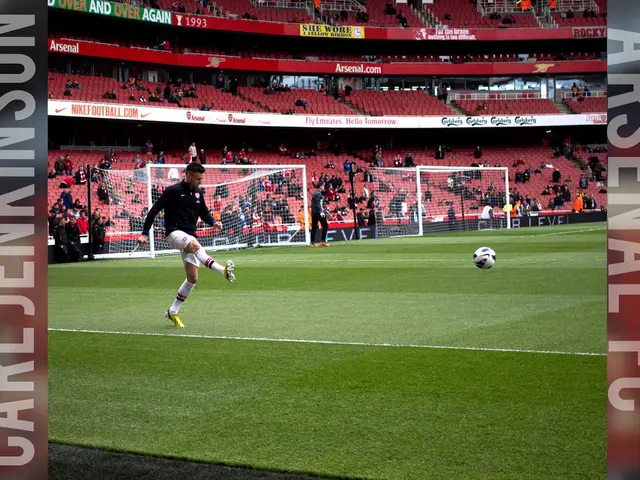Chancellor Merz's First 100 Days: Impressive Exterior, Tumultuous Interior - Daily Morning Overview - Daily happenings at dawn
In Germany, fast-food chains have been required to offer reusable containers as an alternative since January 1, 2023. However, not all chains are complying, causing concern for environmental advocates. Meanwhile, Chancellor Friedrich Merz's approval ratings have dropped to a new low of approximately 29 percent, marking the lowest level since he took office in May 2025. Public satisfaction with his performance is particularly weak in eastern Germany (around 20 percent approval), while in the west it is somewhat higher at 31 percent.
The black-red coalition (CDU/CSU and SPD) is facing several major internal challenges. Disputes and mistrust between coalition partners over issues such as the electricity tax and the failed nomination of an SPD judge to the Federal Constitutional Court have damaged trust and highlighted coalition discipline problems. Budgetary pressures and financial planning concerns, with large budget gaps and upcoming state elections in 2026, complicate financial planning. The political competition and rise of the far-right Alternative for Germany (AfD) create friction, as Merz's focus on tightening immigration policies has sidelined or overshadowed coalition partners, especially from the SPD. Coalition fatigue is also a concern, with many coalition members reporting a need for a break from ongoing disputes.
Despite initial foreign policy and legislative successes, the combination of Merz's falling approval, coalition discord, financial challenges, and the stronger position of the AfD poses significant obstacles to the government’s stability and effectiveness. A slight majority (52 percent) believe the coalition will last the full legislative term until 2029, but the challenges ahead are undeniable.
Meanwhile, in Geneva, negotiations on a global agreement on plastic waste are entering their final round on Thursday. Originally, around 180 countries wanted to conclude the contract today, but negotiations are likely to continue into the early morning hours of Friday. The negotiations follow the failed talks in the South Korean city of Busan last December. Participants consider failure possible in the negotiations, as oil-producing states and their allies are standing firmly against representatives of the EU, Latin America, and environmentalists. These countries supply the raw materials for plastic, and less than ten percent of plastic waste is currently recycled.
Every year, more than 400 million tons of plastic are produced, half of which is for single-use products. By 2060, the plastic production could even triple, according to estimates. The planned UN agreement is intended to regulate the design, production, and disposal of plastic worldwide. However, several states and the EU have rejected a new draft for the agreement, creating a roadblock in the negotiations.
In Germany, the regional courts in Berlin and Frankfurt have ruled that improvements must be made in several fast-food chains regarding the use of reusable containers. The judges convicted franchisees of Nordsee, Burgermeister, Subway, and Burger King to introduce or improve a reusable option in the tested branches. The fines for non-compliance can reach up to 250,000 euros.
As Germany's government and the international community grapple with these challenges, it remains to be seen how they will navigate the complex issues ahead and work towards a more sustainable future.
- The Commission has also been consulted on the draft budget, particularly regarding the potential impact of the proposed policies on environmental-science, climate-change, and general-news.
- In the midst of these political challenges, concerns about crime-and-justice have taken a back seat, with discussions on reforms delayed until a more favorable political climate arises.
- Surprisingly, sports has emerged as a unifying force in Germany, with a recent surge in public enthusiasm for the national soccer team, providing a welcome distraction from the ongoing political turmoil.
- Amidst the debate about plastic waste, science plays a crucial role in providing data and solutions, with researchers working tirelessly to develop alternatives to single-use products and improve recycling rates.








